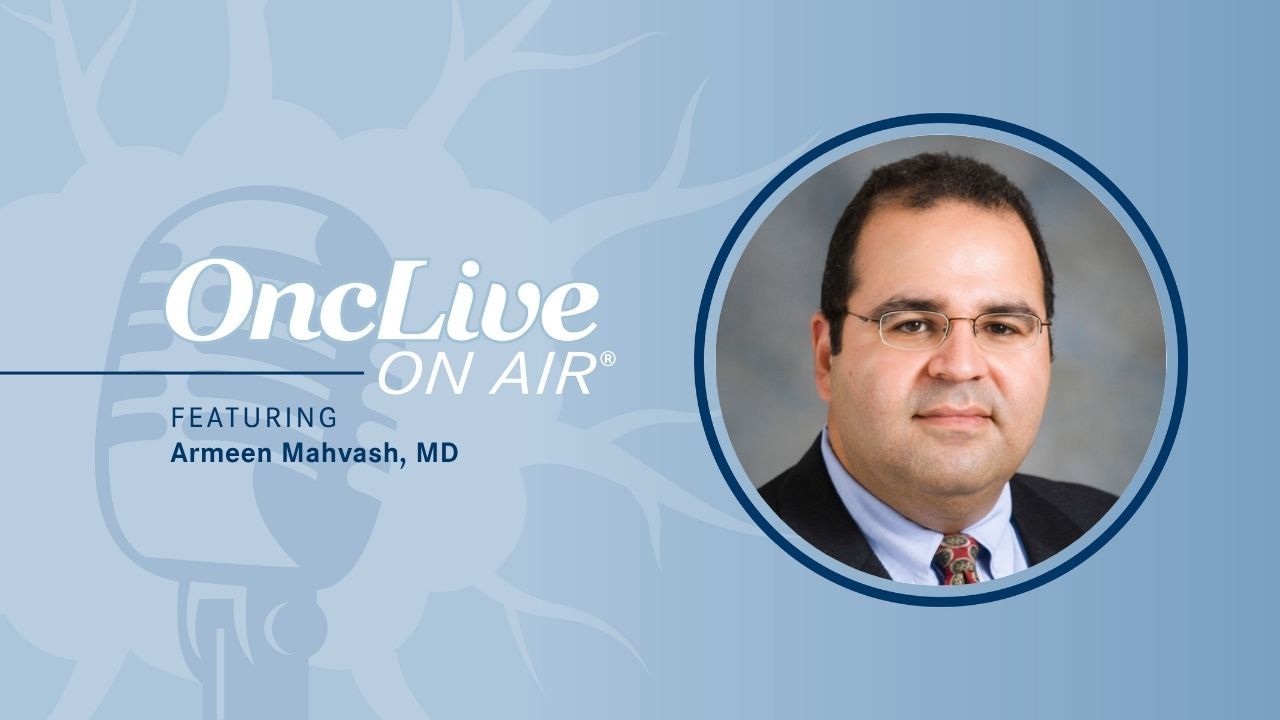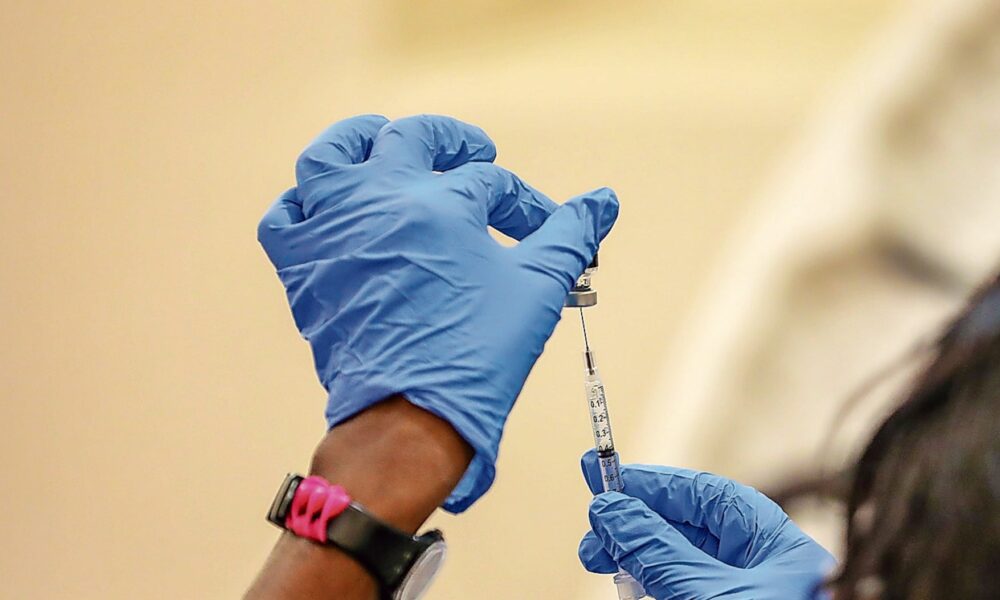Patients suffering from a highly aggressive form of breast cancer may soon have new treatment options, thanks to successful trial results presented by both AstraZeneca and Gilead Sciences. These findings mark the first significant advancement in first-line therapies for triple-negative breast cancer in over a decade, a condition that affects around 10% to 20% of those diagnosed with breast cancer.
The clinical trials conducted by AstraZeneca and Gilead focused on an innovative treatment known as an antibody-drug conjugate. This new approach was tested against traditional chemotherapy regimens in patients with metastatic triple-negative breast cancer who were ineligible for immunotherapy options. The results are particularly noteworthy as these patients typically do not express the proteins targeted by existing checkpoint inhibitors, which have limited their treatment options.
As healthcare providers assess these promising results, the challenge will be determining which drug is most effective for individual patients. This decision carries significant implications, as the landscape for treating this aggressive cancer subtype is poised for transformation.
In related news, Noubar Afeyan, the co-founder of Moderna Therapeutics, has voiced concerns about the increasing misinformation surrounding mRNA technology. Afeyan, who still chairs the company, remarked on the shift in perception towards Moderna, which was previously celebrated for its role in combating the COVID-19 pandemic. He noted that recent attacks on mRNA vaccines and the scientific community at large represent a troubling trend.
Afeyan highlighted that these assaults on scientific credibility extend beyond Moderna and could undermine public trust in medical advancements, including chemotherapy and other breakthrough treatments. He expressed concern that individuals lacking scientific expertise are leveraging the scientific method as a platform to spread misinformation.
The backdrop of these comments includes the challenges posed by political figures, such as Robert F. Kennedy Jr., who have publicly criticized established scientific consensus. Afeyan emphasized that these developments serve as a warning for the broader scientific community about the potential for systemic attacks on expertise.
As the medical field navigates these developments, the outcomes of the new trials by AstraZeneca and Gilead offer a glimmer of hope for patients with limited options. The coming months will be critical as healthcare professionals integrate these findings into clinical practice and address the evolving landscape of cancer treatment.







